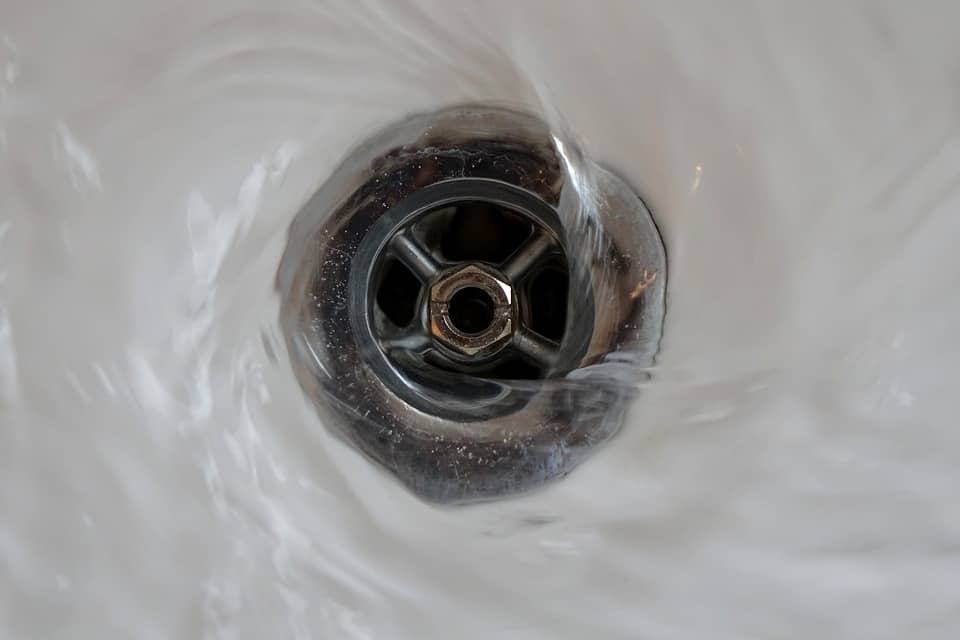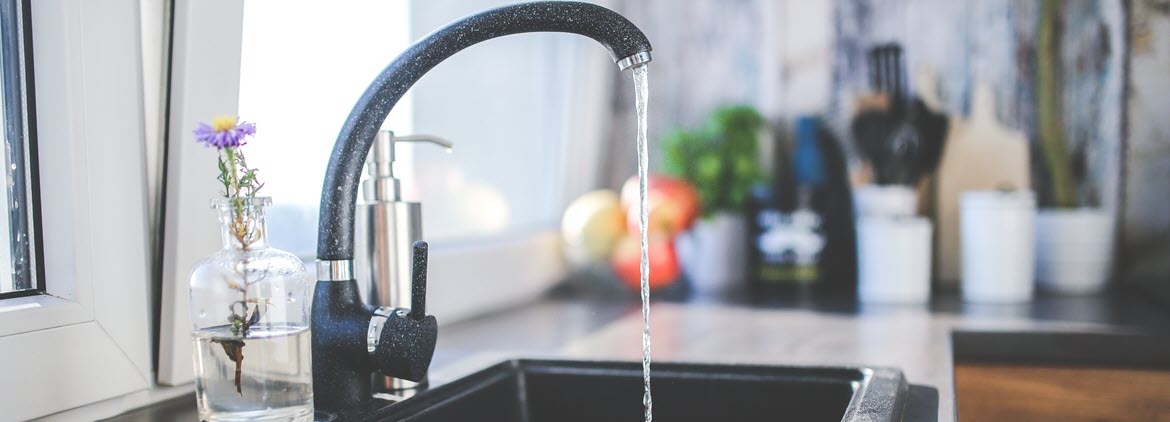Tips for Dealing with a Blocked Drain Prior to Calling Professional Plumbers
Tips for Dealing with a Blocked Drain Prior to Calling Professional Plumbers
Blog Article
What're your thoughts about What I learned from trying to deal with a clogged drain?

Introduction
Handling a blocked drainpipe can be an aggravating experience, interrupting daily activities and potentially causing damages to your building. However, prior to reaching out to plumbing experts, there are steps you can require to deal with the problem yourself. In this guide, we'll discover DIY services and safety nets to deal with a blocked drainpipe effectively.
Identifying the Issue
The primary step in resolving a blocked drainpipe is acknowledging the indicators. Slow drain, gurgling noises, foul odors emanating from drains pipes, or water backing up are common indications of an obstructed drain. Recognizing these indications early can assist prevent even more problems.
Choosing the Right Pipes Solution
When selecting a pipes solution, take into consideration elements such as experience, licensing, and consumer evaluations. Select a reputable plumbing professional with a record of high quality craftsmanship and transparent prices practices.
Expense Factors to consider
The expense of professional drain cleaning services can vary depending upon the extent of the obstruction and the plumbing technician's prices. Demand quotes from several providers and inquire about any surcharges to ensure openness and avoid surprises.
Safety Measures
When trying DIY drainpipe cleansing, prioritize security. Wear safety gloves and eyewear to stay clear of contact with hazardous chemicals or microorganisms. Never ever mix various drain cleaning products, as this can create hazardous fumes.
Instance Researches
Real-life instances illustrate the efficiency of DIY remedies and the importance of prompt specialist treatment in resolving drainpipe obstructions.
Typical Sources Of Blocked Drains
Understanding the aspects that add to drain pipes clogs is crucial for efficient resolution. Typical offenders include hair, soap scum, oil, food debris, and foreign things like hygienic items or paper towels. Tree origins attacking below ground pipes can also trigger considerable clogs.
DIY Solutions
For small clogs, several do it yourself services can be efficient. Pouring boiling water down the drainpipe can assist dissolve grease and debris. Baking soda and vinegar or a combination of salt and baking soft drink can serve as natural cleaners. Making use of a bettor or plumbing serpent to displace obstructions is an additional option.
Devices and Tools
Having the right tools available can make do it yourself drain cleansing much more reliable. A plunger is a versatile device for getting rid of obstructions in sinks, toilets, and showers. A plumbing serpent or auger can reach much deeper clogs, while drainpipe cleaning chemicals can be used meticulously for persistent obstructions.
Safety nets
To stay clear of future blockages, adopting preventive measures is vital. Install drainpipe guards or filters to capture hair and debris before they enter the pipelines. Regularly flush drains with hot water to liquify oil build-up, and stay clear of taking care of grease or solid waste down the tubes.
When to Call an Expert
While do it yourself services can solve small obstructions, certain indicators suggest the demand for expert help. Consistent obstructions, foul odors regardless of cleaning up efforts, or several drains supporting at the same time are warnings that require expert treatment.
Conclusion
By following the tips described in this guide, you can properly deal with obstructed drains and avoid future pipes issues. Whether opting for DIY options or seeking professional assistance, punctual action is essential to keeping a healthy and balanced pipes system and maintaining the stability of your home.
10 TIPS TO CLEAR ANY BLOCKED DRAIN
SIGNS OF A BLOCKED DRAIN
Blocked drains can be a source of property damage and health problems for people and pets. The early warning signs of a blocked drain are:
Overflowing
You’re probably quite used to everything flowing down your drain. As a result, it’s quite alarming seeing water spill back up. If your drain is overflowing, that means you’re facing a blockage.
Gurgling sounds
Gurgling sounds indicate that the water is pooling and pushing against the pipe. If you experience this, it’s often the case that a blockage is a problem.
Slow draining
When emptying your sink or taking a shower, you might notice that the water pools for longer than expected. Usually, the problem worsens rather than getting better by itself, which suggests that the blockage is growing larger.
CAUSES OF A BLOCKED DRAIN
Although most people use their drains appropriately, it’s quite easy to make mistakes. Occasionally, everyday use results in blocked drains too. Common causes include:
Tree roots
Tree roots won’t be the cause of local drain blockages, but they can disrupt your main sewage system. The root keeps growing until it breaches the pipe and causes a blockage.
Toiletries
Although toiletries are essential, some can cause drain blockages. For example, nappies, baby wipes and sanitary products should not be flushed down the toilet.
Foreign objects
When you have kids, there’s always a risk they’ll flush something unusual down the toilet. Toys and other foreign objects become lodged in the u-bend, resulting in a blockage.
Mineral Buildup
When minerals such as calcium build up in your pipes, this causes constriction. Although this may not cause a blockage on its own, it does make it easier for other types of blockages to form.
Soap
Although liquid soap may not cause drain blockages, solid soap bars can get lodged within pipes until they eventually break down. One way to stop this from happening is to use a mesh wire guard to cover plug holes.
Natural Debris
Natural debris can fall into your outdoor drains, especially when you don’t use gutter guards. This usually means leaves and twigs, although it can include dirt and grit too.
HOW TO CLEAR A BLOCKED DRAIN
Boiling water
Boiling water is useful for tackling blocked drains caused by grease, conditioner, and some other kinds of toiletries. This is because these substances have a low melting point, and the extreme heat helps to break them up. Boil a kettle with water and pour it down the drain to shift the blockage.
Natural cleaners
You can use some natural cleaners to create a fizzing effect that breaks drain blockages apart. Try pouring hot water down the drain, then follow it with one cup of bicarbonate of soda and a cup of vinegar. Leave it for ten minutes, then chase it with more hot water. A combination of the hot water and the natural cleaner mixture can break blockages up.
Caustic cleaners
Some stores sell caustic cleaners that take stronger action against drain blockages. It dissolves grease, fat, and oils, making it ideal for tougher blockages. Always follow the instructions on the packaging and ventilate the room before starting.
Plungers
As a simple yet effective tool, plungers can help to dislodge local blockages. They work by forming a seal around the plug hole, followed by a vacuum effect that removes the blockage.
DIY drain snake
You can make a DIY drain snake out of any thin metal wire, such as a coat hanger. Leave a hook at the end of the snake and insert it into the plughole. Try using it to fish out local blockages made of hair. This approach is most effective in showers.
https://preciseservices.com.au/10-tips-to-clear-any-blocked-drain/

We hope you enjoyed our topic on . Thanks a ton for taking a few minutes to browse our blog post. You should take a moment to promote this page if you liked it. I value reading our article about Some easy tips to fix blocked drains.
Website Report this page